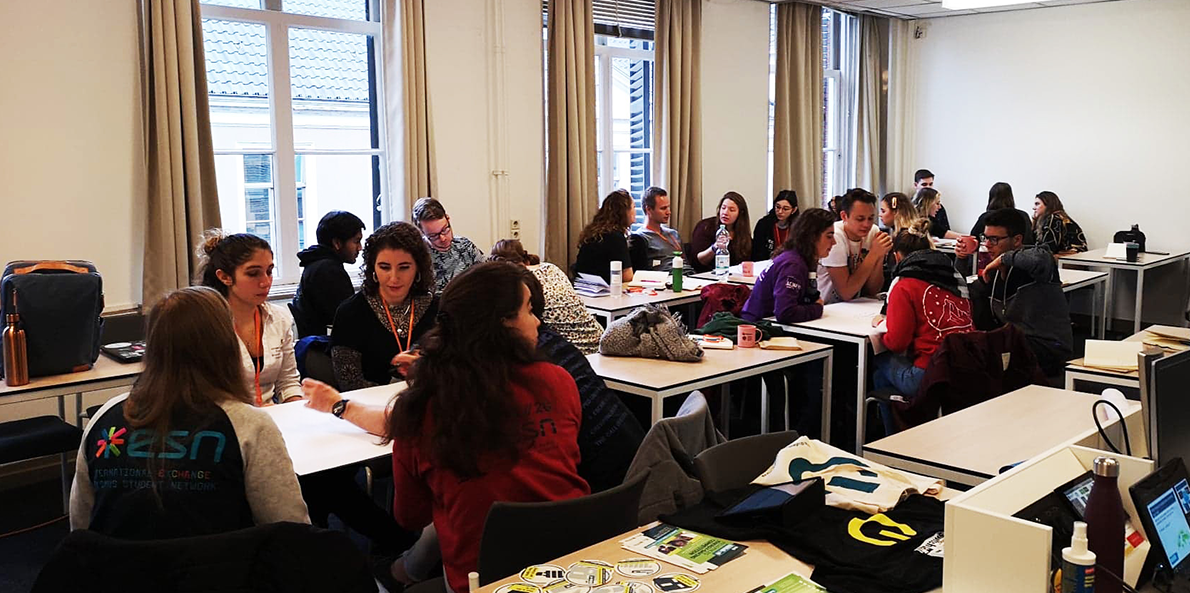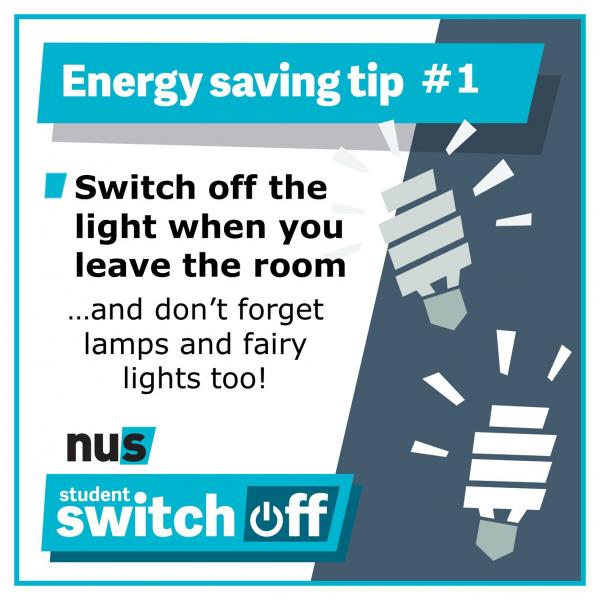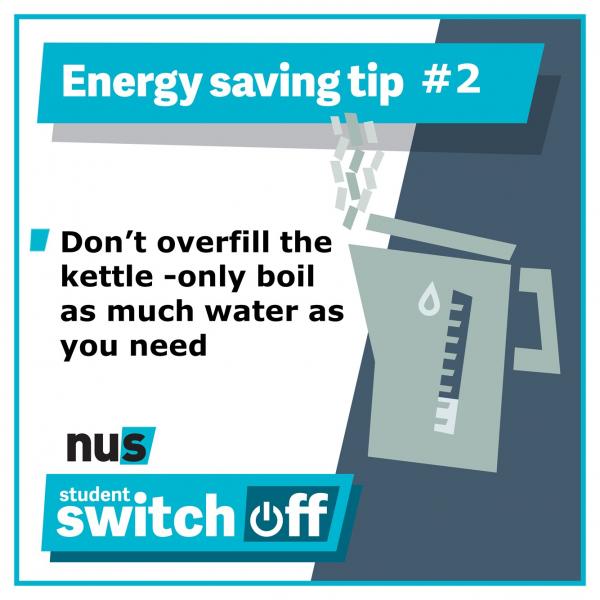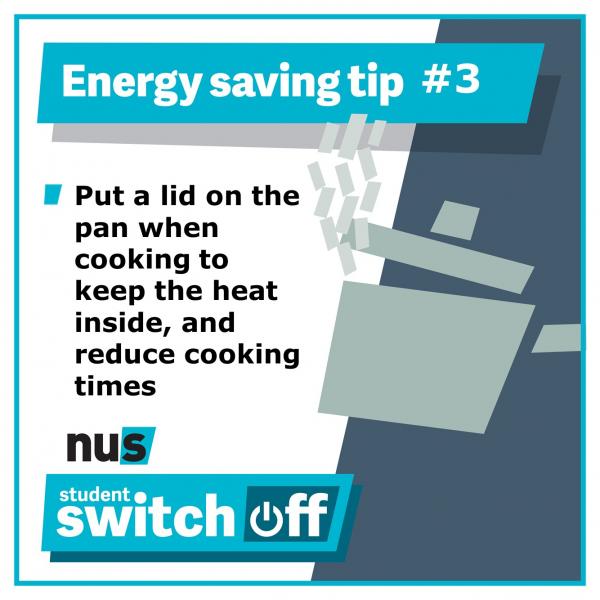
Students Achieving Valuable Energy Savings (SAVES 2) is a project which supports students across Europe in minimising their carbon footprint in their university and private accommodation, raising awareness about energy efficiency and smart metering, and installing good sustainability habits which last beyond their time in education.
The Erasmus Student Network is part of the project's Communications and Networking Advisory board, joined by other European or local organisations from the countries where SAVES 2 is present. Additionally, in November 2019, the SAVES 2 delivery team held a workshop at the ESN’s regional meeting in Utrecht, with a focus on how students can take action on energy and sustainability whilst studying abroad.
The project focuses on reducing energy waste and empowering students to act on the climate crisis with simple energy-saving actions in their student accommodation. The project runs in 7 European countries, all of which have different priorities and challenges when it comes to energy use, but all need to drastically cut household energy consumption in order to reach global carbon targets. The project also targets fuel poverty, as students are often faced with alarmingly high energy bills which they can reduce through energy efficiency measures, smart meter installation and a better understanding of their energy bills.
For international and exchange students, the arrival to a new country can be quite overwhelming, and in such an environment, it is not surprising that local sustainability actions might be an afterthought.
There are, of course, many sustainability issues that will vary from country to country, so it is important for students to do some research and not assume their host country does things the same way as their home country.
Which bus routes can you take to avoid taxis? Are there safe cycle lanes and walking routes? Can you drink the tap water to avoid buying single-use plastic bottles? What can you recycle in your home? How can you control the temperature to avoid energy-intensive over-heating or over-cooling? These are all questions students might have, and the university or city website will often have information on sustainability initiatives on campus and in the city.
Many countries across Europe face different sustainability challenges. For example, in Sweden or the UK air conditioning is not widespread, but if studying abroad in Cyprus, one will likely have it in their bedroom. These units are big users of energy and SAVES 2 encourages students to use them sparingly and to try to keep cool in other ways, such as loose clothing and opening windows to let in a breeze. It is also possible to keep doors and windows closed when the air-conditioning is on in order to be energy efficient, so that the cool air is kept inside the room that is being cooled.
It can be a challenge, but getting involved in sustainability while studying abroad is a great opportunity for students to learn new things that they can take home with them and continue to embed in the future.



Find out more about SAVES 2, including advice for students living in dormitories and private accommodation, here.

Follow ESN